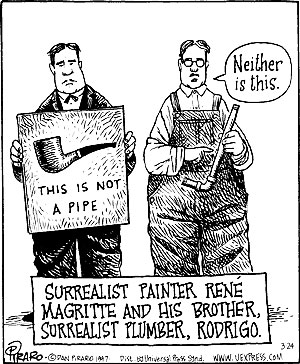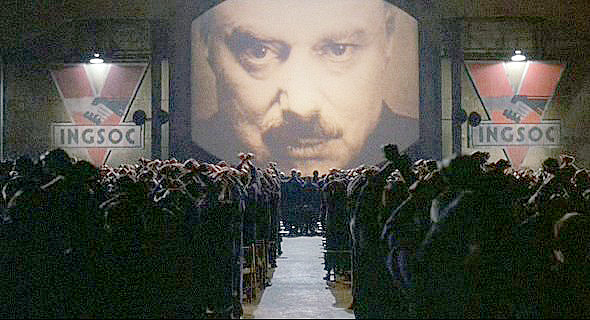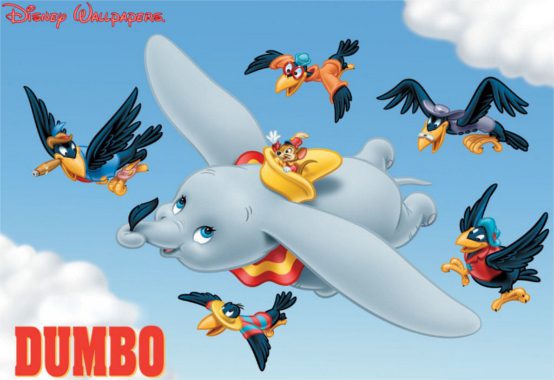
Hat tip to an unwitting patent-hater on Gene Quinn's blog

It seems he's stumbled onto the post-modernistic abstraction/ reality dilemma.
Our judges can no longer distinguish between the pipe and the painting thereof.

To be, or not to be continued? (Time will tell)
So, somewhere deep in the latest Ultramercial decision,
Judge Lourie says,
"We first examine the claims because claims are the definition of what a patent is intended to cover."
(Not exactly correct, but at least somewhat close to the mandate of 35 USC 112: The specification shall conclude with one or more claims particularly pointing out and distinctly claiming the subject matter which the inventor or a joint inventor regards as the invention.)

The patent statute (section 112) teaches us that claims are intended to provide, with English words, a bill of particulars that "particularly point out" the subject matter which the inventor (not the judges) regards as the invention.
The patent statute (section 112) also teaches us that claims are intended to distinguish the subject matter (to "distinctly claim") over prior art and over what the inventors does not regard as the invention.

Soon after in the Ultramercial decision, Judge Lourie says,
"Without purporting to construe the claims, as the district court did not, the steps include: (1) receiving ... from a content provider; (2)selecting ... after consulting an activity log to determine whether ... played less than a certain number of times; (3) offering ... on the Internet; (4) restricting ... access (5) offering ... in exchange for watching the selected ad; (6) receiving a request ...(7) facilitating display... (8) allowing access to the media; ... (10) updating the activity log; and (11) receiving payment ..."
Whoa! You're going to not construe, but you're going to construe but you're not going to PUPORT to construe?
What kind of 1984 double speak is that?

Then Judge Lourie switches from his purporting (through an Interstellar wormhole?) that a claim "defines" to instead seeing a claim as a "recitation":
"This ordered combination of steps recites an abstraction—an idea, having no particular concrete or tangible form."

So basically, our poetry-reciting judge has thrown out all the particulars that the inventor has bothered to "particularly point out" and replaced them with invisibility, with mere but poetic abstraction.
And then he says, Why lookie here, we taint got nottin but abstractionism.
Whoa!
Who's inhaling too deeply on the surrealistic pipe now Watson?










